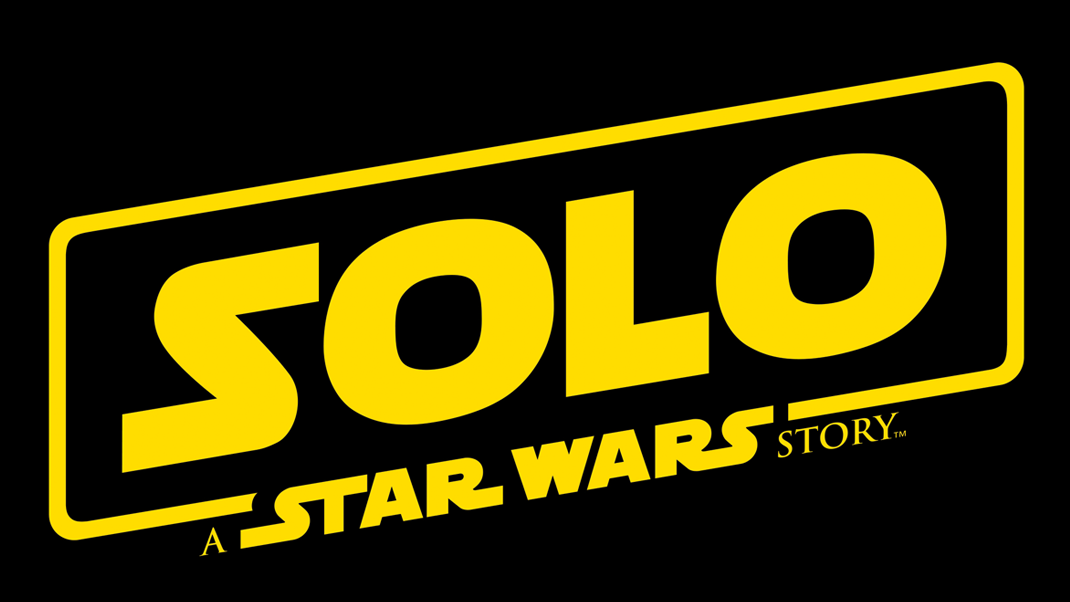The following review contains minor spoilers for Solo: A Star Wars Story
Only a few of the hundreds of films released every year make a significant cultural impact. Some are great and advance the medium to new heights, with many becoming standards by which future movies of their genre are judged. Jaws. Terminator 2. Dead Poets Society. Other outings are memorable for being completely and utterly terrible. The Last Airbender. Batman v Superman. Transformers (maybe that one’s just me). We can learn a lot of lessons from both the good and the bad; however, we often pay too little attention to what’s in the middle. What makes a film forgettable is at least as important as what makes one amazing or what makes one godawful.
Solo is fine. Average. It doesn’t have any severe missteps but also takes no risks. It does nothing to advance its franchise or genre. Solo is like a parade: entertaining to watch as it goes by, but ultimately indistinguishable from the thousands of others held every year. What’s so frustrating about this is that it didn’t have to be this way. Every element is there for Solo to have taken its place among the greats of science fiction. Yet, it falls considerably short of its potential, languishing as a box office flop.
On the surface, there’s plenty to like about Solo. Alden Ehrenreich’s portrayal of a young Han works well. This Han isn’t the same one we see in the original trilogy or in The Force Awakens. He’s less experienced, rough around edges and far more idealistic than his jaded future self. Donald Glover is a convincing Lando Calrissian, and Emilia Clarke’s Qi’ra (yes, that’s how they spell it) is far more than the mere love interest a less adept writer would have created. Paul Bettany’s Dryden Vos manages to be simultaneously likeable and sinister. Overall, the cast and characters are more than competent.
Which makes it all the more disappointing that the characters are never given a chance to shine. The events of the plot are enough to make anyone as jaded as Han in the original Star Wars, but Solo’s Han doesn’t show any real character progression, seeming to end the film with much the same attitude as he began. Likewise, Lando, Qi’ra and many of the other characters have glimpses of real depth which, tragically, never amount to anything. Not every character needs to be explained and developed to their fullest extent — leaving an amount of mystery is an asset to good storytelling. However, Solo reeks of squandered potential. You have a fresh, energetic cast with the chance to be the first to play cultural icons since their creation. Use them! Scenes featuring simple dialogue between the characters are among the best in the film. The cast has a great level of chemistry which is left barely explored, and by the end I was left wishing there had been far, far more.
There aren’t any severe missteps plot-wise, though Solo also doesn’t inspire in this area. It effectively brings the characters from point A to point B, gives them challenges to overcome, and fleshes out the Star Wars Universe outside of the traditional Rebellion vs. Empire dynamic. The stakes are high enough to have personal significance to the characters, but low enough as to not be unbelievable. Some prequels make the mistake of having the stakes be so high that it’s unbelievable for the events to not have been mentioned in the original work (*cough* Star Trek: Discovery *cough*). Not everything needs to be an existential threat to the universe. Thankfully, Solo realizes this. I just wish that the story had been complete. It’s clear that someone, whether it be the writers or the studio, expected Solo to do well enough to justify a sequel. It’s unclear if that will happen now after Solo’s pitiful box office performance, though I wouldn’t bet on it. Solo is not a good enough movie to warrant a sequel, but there are a few unresolved plot threads that have been left dangling in the wind, especially regarding the conflict between Han and Qi’ra. That doesn’t mean there should be a sequel. Instead, they shouldn’t have planned on doing one in the first place.
There is one main theme tying together Solo: that of running away. This is both in the physical sense (leaving Corellia, deserting the Imperial Navy, fleeing the space kraken thing) and the emotional (running away from obligations). As a theme, it’s both relevant and relatable to the audience. It’s too bad that Solo doesn’t do anything particularly remarkable with it and there isn’t much of a resolution to the questions it brings up. Again, it’s frustrating to see yet another element in this movie fall short of its potential. It works, but it feels like the theme is struggling to be seen over the plot. Plenty of things happen in Solo, but they often don’t feel particularly meaningful. Themes are what turn plots into proper stories, and Solo doesn’t quite reach that point.
I keep running into a problem writing this review. Whenever I say something positive about this film, it ends up turning into another criticism. Solo has good characterization, but there is far too little of it. Solo’s plot is logical (for the most part) and effectively serves the purpose of the story but is undermined by a handful of unresolved storylines. The theme works well but is often drowned out by everything else going on.
All in all, there’s enough to like in Solo: A Star Wars Story to make it an enjoyable experience. I do think it’s worth watching, despite how critical I’ve been. Still, there are lessons filmmakers need to learn from Solo’s mediocrity. Solo was one of the most expensive films to produce in history. There are multiple reasons for that, including a chaotic production period featuring the recasting of Dryden Vos and the firing of its directors after shooting had already started. Both of those drove production costs significantly higher than they should have been. There’s also the possibility that franchise fatigue contributed to Solo’s disappointing box office returns. However, I think there’s a larger problem lurking beneath the surface.
I can’t shake the feeling that the powers that be assumed that Solo would be a financial success. They assumed that simply packing it full of CGI action scenes and eye candy would be enough, so long as they slapped the words “Star Wars” onto the title. I have no doubt that everyone directly involved with this movie cared deeply about the work they were doing, and I’m not trying to insult their dedication to the project. But I do think that going into a project assuming success is inevitable can lead to complacency and laziness. It leads to average, run-of-the-mill experiences like Solo, and I don’t think moviegoers should have to settle for that. Filmmakers are capable of more, and audiences deserve more.







